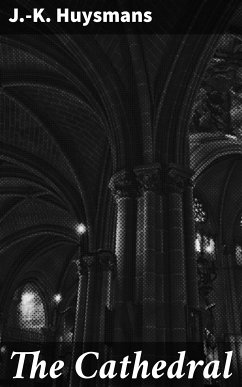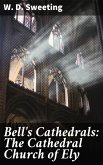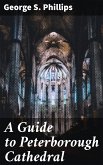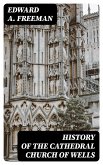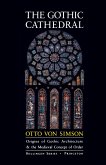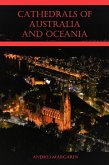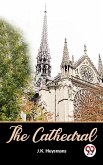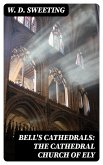In "The Cathedral," J.-K. Huysmans invites readers into a profound meditation on religion, art, and the soul's quest for meaning, all intricately woven into the fabric of gothic architecture. Written in a richly descriptive style, the novel does not merely tell a story; it paints a sensory experience through its detailed observations of the basilica of Saint-Savinien. Huysmans encapsulates the spiritual awakening that such a space can inspire, employing flowing prose that reflects the broader Symbolist movement of 19th-century literature, where personal experience predominantly shapes the narrative arc. J.-K. Huysmans, originally from a secular background, underwent a significant transformation in his spiritual life that deeply influenced his works. His fascination with Catholicism later in life prompted this introspective exploration in "The Cathedral," showcasing the duality within his own beliefs. Huysmans'Äô literary career evolved from realism to an increasingly personal and spiritual investigation, paralleling his own tumultuous journey towards faith. For readers searching for a literary work that delves into the intersection of faith and artistry, "The Cathedral" is an essential read. Huysmans' contemplative prose and vivid imagery offer not just a narrative but an experience that resonates with anyone seeking to understand the power of sacred spaces in shaping human experience.
Dieser Download kann aus rechtlichen Gründen nur mit Rechnungsadresse in A, B, BG, CY, CZ, D, DK, EW, E, FIN, F, GR, H, IRL, I, LT, L, LR, M, NL, PL, P, R, S, SLO, SK ausgeliefert werden.

